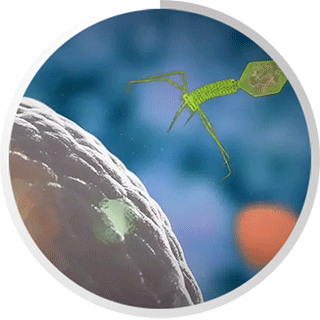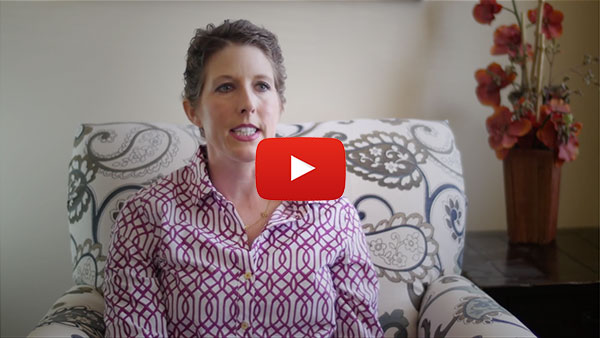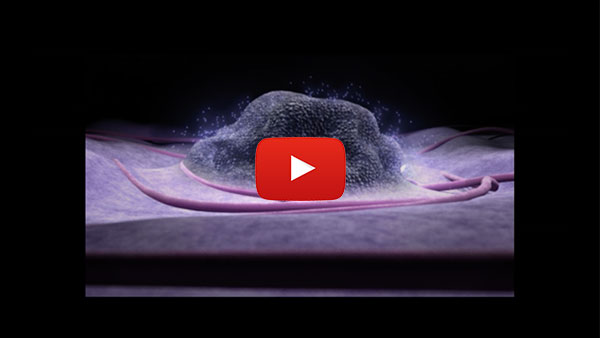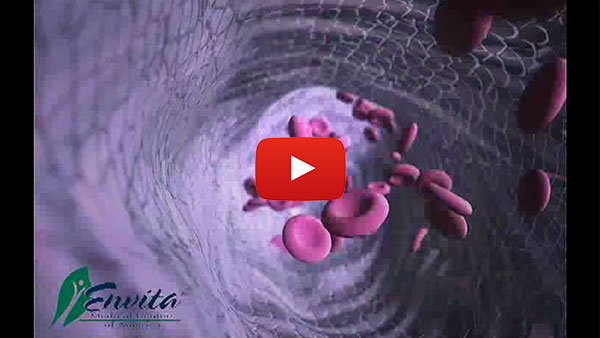Finally Explained - How Cancer Cells Outsmart Chemotherapy

Research has shown that one way cancer develops and progresses is through avoiding apoptosis, or programmed cell death, which is a naturally-occurring event in the body. Apoptosis is the method by which the body rids itself of damaged or unwanted cells and maintains healthy tissue function.
Normal cells generally trigger apoptosis in response to a variety of factors: cell stress, DNA damage, developmental cues and other signals initiated in the body. Cancer cells, however, are able to avoid apoptosis, thereby allowing them to survive, develop and spread. The body already knows what to do to protect us from cancer. In fact, the healthy human body avoids cancer 10,000 times a day! The question becomes, "Why do stage 4 cancer patients divert apoptosis?"
The Video Explains the Biology of Cancer and Overcoming Chemo Resistance
Mutations Bring About Stubborn and Resistant Stage 4 Cancers
Apoptosis can be triggered in two ways – from within the cell or from outside the cell. Apoptosis triggered from within the cell relies largely on a protein termed p53. Research has shown that mutations to the p53 gene can cause it to become inactive, consequently, preventing apoptosis. Inactivation of p53 due to mutation is seen in as many as half of all human cancers. It becomes important to use cancer treatments that help prevent these mutations, thereby making your cancer-eliminating techniques far more effective.
Cancers Can Dodge the “Silver Bullet” of Chemotherapy
Radiation and chemotherapy indirectly promote apoptosis by causing DNA damage to the cells. However, DNA damage triggers apoptosis from within the cell, which means it relies on p53 to cause cell death. Because mutations to p53 can prevent apoptosis, cancer cells can often avoid chemotherapy's mechanisms of action. As a result, clinical studies have shown that cancer progresses and recurs in many patients undergoing these standard customary protocols. For this reason, Envita implores advanced nutritional cancer treatments to overcome p53 oncogene mutation and allow the body to begin normal and healthy apoptosis. Treating the cause is unfortunately a novel concept in today's pharmaceutical world. Think about it – can a patient have deficiencies in the body, whether nutritional, immunological or impairment in toxin elimination that bring about the cancer? Of course! There are many cancer causes linked to these specific deficiencies and problems. But do cancer Center generally look at that? No!
Apoptosis that is triggered from outside the cell does not rely on p53. Therefore, by promoting apoptosis from outside the cell, and by using other methods of apoptosis from within the cell, programmed death may be achieved in those cancer cells that have previously been resistant to conventional treatments and chemotherapy. There are numerous cancer treatments we use at Envita that take advantage of this approach, depending on the type and stage of cancer.
Envita provides mitochondria dysfunction support with the necessary nutrients and treatments to help reestablish normal healthy function of the mitochondria (the organelle found inside the cell that controls apoptosis) by policing cancer cell development. Such unique treatments help the body attack and eliminate cancer cells and have been established over a decade of working with the most challenging stage 4 cancer patients.
Envita's Comprehensive Smart Oncology® program integrates successful oncology combinations with our aggressive natural therapies that affect apoptosis in cancer cells by using tumor destruction methods that actually rely solely on p53. Visit our PPMR process or contact us speak to one of our patient-care educators so that we can put an immediate plan in place for you.





















